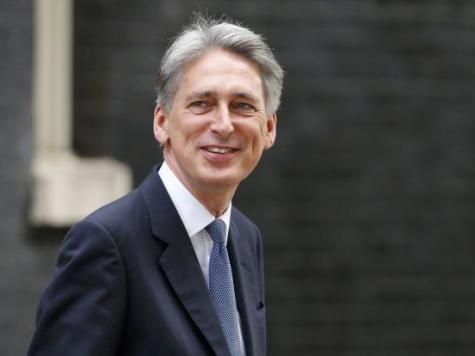British foreign secretary Philip Hammond has criticised the lack of investment from other European nations into the planned £800 million Ebola fund, of which Britain has contributed almost a third of the total so far.
So far responsibility for aid delivery to Ebola-stricken areas has been divided by Colonial heritage, with the United Kingdom, France, and the United States of America taking the lead in former African colonies Sierra Leone, Guinea and Liberia respectively. Despite that, the amount of money and resources pledged in relation to nation size and perceived responsibility has been comparatively uneven.
Although France is the former colonial power of the most populous country to have had a major outbreak, it has also contributed significantly less than Germany’s £80 million, who had no lasting colonial presence in the area. The contribution of the French government so far is so low, the Daily Mail reports is it nearly beaten by the contributions of two tech philanthropists, Mark Zuckerberg and Bill Gates, who have given £45 million between them. Britain has contributed £125 million so far.
The comments come amid European Union meetings taking place this week to set the tone and scope of Europe’s response to the outbreak, in the wake of revelations last week by the World Health Organisation that the extent of Ebola infections was far greater than previously thought. The rate of infection is rapidly growing, and could run to 10,000 new cases a week by Christmas, with over one million cases by the new year. Noting the rapidly deteriorating situation, British foreign secretary Philip Hammond said: “We’ve got a very short window to get on top of it and prevent the uncontrollable spread of the disease… We do need this billion-euro [£800M] fund”.
Despite the comparatively small numbers of dead compared to other diseases and viruses presently ravaging the African continent, Ebola is presently considered a cause for serious concern because of the lethality in small areas in a short space of time. A number of nations have committed troops to the region to deliver aid and to help prevent the spread of the disease. British soldiers will be using their considerable experience to build treatment centres, deliver health care, and may operate roadblocks to prevent the virus spreading further.
A group of 100 British army medics are arriving in Sierra Leone today, a country which has a long association with Britain and it’s armed forces. Originally founded as a settlement for freed slaves and black loyalists who fled the newly established United States to British Canada, Freetown as it was known became the main base for the Royal Navy West African squadron, which was responsible for stamping out the Atlantic trade in slaves during the 18th century.
Post independence, Sierra Leone again became familiar to British troops as all three services became involved in quelling the Sierra Leonean civil war at the orders of then prime minister Tony Blair. The era after the successful British intervention saw a period of unprecedented growth in the West African nation’s economy which has continued to the present day.

COMMENTS
Please let us know if you're having issues with commenting.